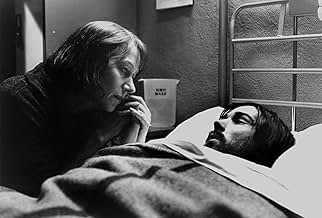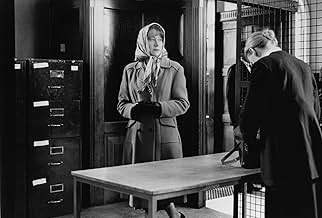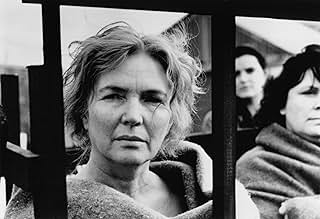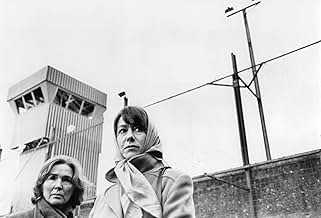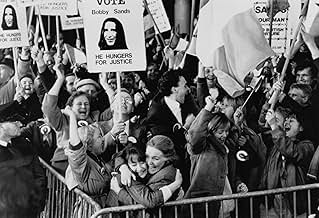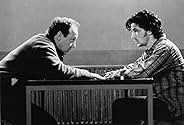break, break, break, on thy cold grey stones, oh sea
I saw this movie when it first came out, and just watched it again last night. I still feel that it's an important movie, and also that everyone in the audience except for me <insert smile here> is missing the point. It's not about the right or wrong of the IRA/Sinn Fein or Thatcher's administration, it's about a more-or-less unprecedented friendship that evolves between two sons' mothers, and how they deal with their sons' impending self-imposed deaths, a friendship that quite suddenly excludes class issues, precisely because it is about _mother's sons_.
This is evoked in many subtle ways: Mrs Quigley's daughter leaves her job at the bank because no one trusts her after her brother has been arrested, and ends up tending bar somewhere outside North Ireland -- rather declassee for a young woman who'd been working in a bank; Mrs Higgins lives her life on a bicycle, gets a driving lesson on the sea-strand from Mrs Quigley, and they both end up getting saved from an incoming tide by British/North Irish soldiers. If you check the screenplay, you can see the change in the use of forenames and last names between the two women -- it's unfair to expect Yanks to pick that up. I can't even begin to explain it to my friends, and hell, I live in a border state.
There's a unifying theme in this movie and it's the sea: the sea the mothers are connected to, and that their sons are not permitted to see.


